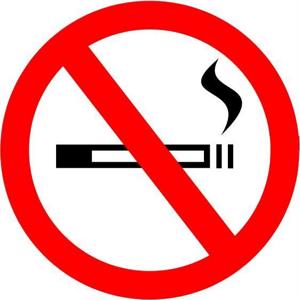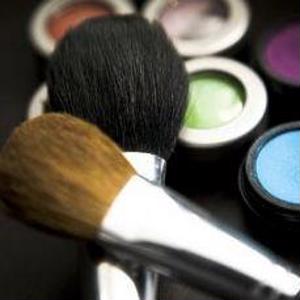
Skin care can be a complicated process, even if you have the best African American skin care products on the market. With colder weather coming, it's important to know the best ways to keep yourself protected against the fall and winter winds. Along with using the right cosmetics, there are simple lifestyle choices that can help keep skin looking great year-round.
First, excessive smoking and drinking can damage the skin, according to WebMD.
"Smoking chronically deprives the skin of oxygen and nutrients. So some smokers appear pale, while others develop uneven coloring. These changes can begin at a young age," according to the medical news site.
Next, just as your skin needs to be hydrated using moisturizers, keeping your body hydrated can also benefit your complexion. According to Healthy-Skincare.com, water flushes out toxins from the body, which can help get rid of the free radicals that make you look older.
However, the news source stressed that the best cure for dry skin is creams or lotions and that drinking a lot of water will not result in a significant, immediate change









